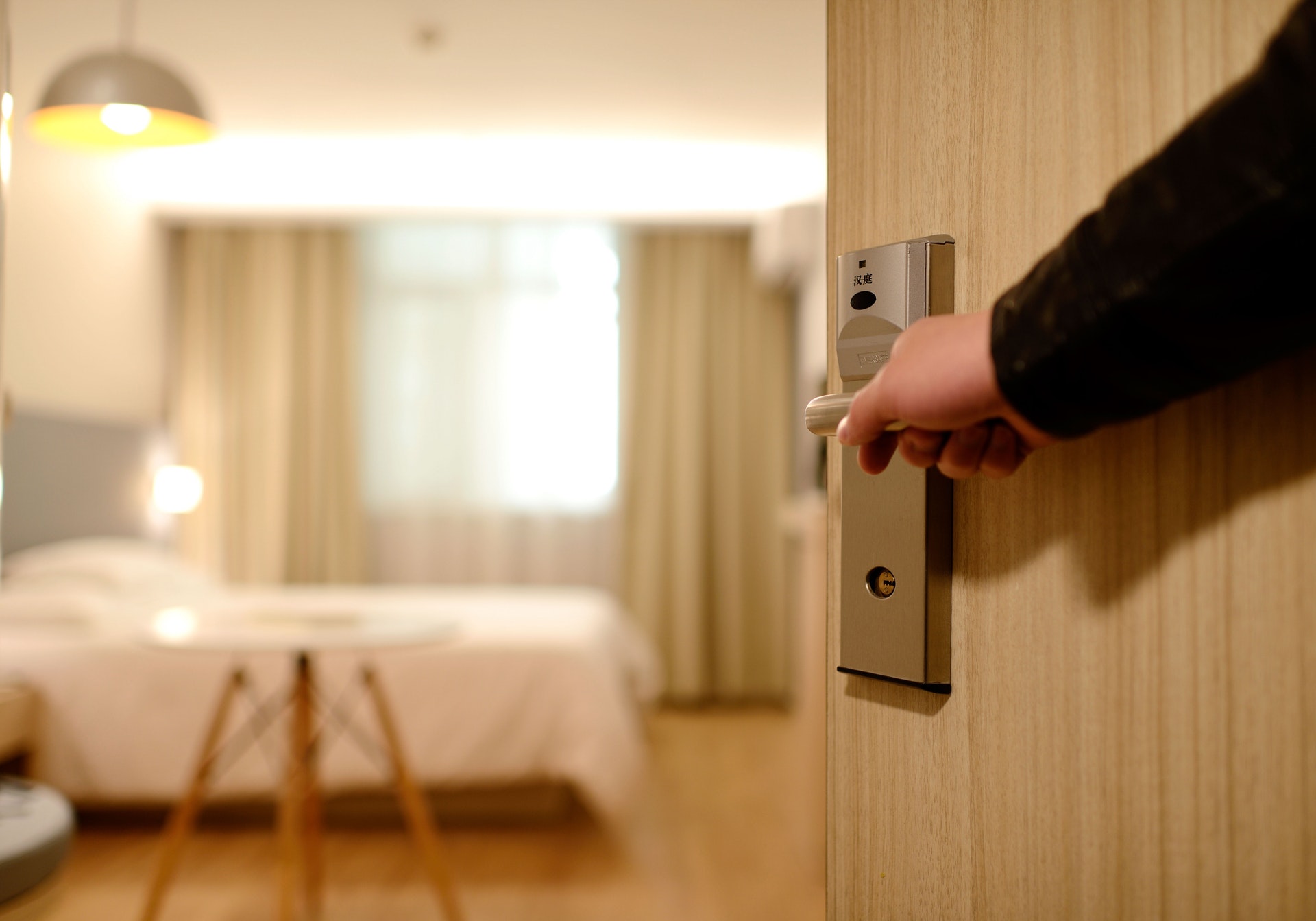Business and Economy
Airbnb, hotels seek US government aid as demand flattens

The hotel industry expects 1 million U.S. jobs have already been eliminated or will be in the next few weeks. (Pexels photo)
U.S. hotel companies are seeking $150 billion in direct aid for their workers for what they say is an unprecedented fall-off in demand because of the new coronavirus.
CEOs of Marriott, Hilton, Hyatt and other chains met Tuesday with President Donald Trump to describe the impact and seek help.
Hilton CEO Christopher Nassetta told the president that Hilton has never closed a hotel that wasn’t slated for remodeling or demolition in its 100-year history. Now, several Hilton hotels in big U.S. cities are closed and worldwide, its hotels are only 10% to 15% occupied. Last year, the average U.S. occupancy rate was 67%.
“I’ve been doing this for 35 years. Never seen anything like it,” Nassetta told Trump.
Marriott said it’s reducing workers’ hours and starting to furlough what could eventually become tens of thousands of workers. Workers will retain their health benefits, the company said.
Chip Rogers, CEO of the American Hotel and Lodging Association, a lobbying group, said the virus has already had more impact on the U.S. hotel industry than the Sept. 11, 2001 terrorist attacks and the 2008 recession combined.
Since mid-February, U.S. hotels have lost an estimated $1.5 billion in room revenue, according to the American Hotel and Lodging Association. Those losses are rapidly accelerating, with the industry on pace to lose $1.4 billion per week.
The hotel industry expects 1 million U.S. jobs have already been eliminated or will be in the next few weeks.
Doug Dreher, president and CEO of The Hotel Group, which manages Hilton hotels in Seattle and elsewhere, said his company is laying off workers and closing properties.
“It is, for us, the Great Depression. Utterly devastating,” Dreher said. “We need help in every imaginable way.”
The industry is calling for direct grants to workers as well as assurances that franchisees have access to low-interest loans or relief from their mortgage payments. Hotels want to retain their workers even if rooms aren’t occupied.
Roger Dow, president and CEO of the U.S. Travel Association, said Trump assured hotels his action would be “big, fast and immediate.” Trump did not discuss his own hotels during the meeting, officials said. The Trump Organization has seven hotels in the U.S.
Dow said in addition to the $150 billion request, the broader travel industry — including convention businesses — needs $100 billion to stay afloat.
Also Tuesday, Airbnb sent letters to U.S. House and Senate leaders seeking multiple tax breaks for its U.S. hosts, who are also experiencing a significant loss of business. Last week, San Francisco-based Airbnb began allowing all guests worldwide to cancel reservations without a penalty.
Airbnb says senior citizens are among its largest cohort of hosts, while 14% are teachers or live with teachers.
In its letter, Airbnb said it has 1.1 million active listings in the U.S., and a majority of its hosts depend on Airbnb for their monthly income.
The company is asking Congress to expand a rental use tax exemption. Right now, hosts don’t pay income tax on income from a residence they rent for less than 14 days. The company is asking to expand that to 60 days.
Airbnb is also asking for a tax credit or deduction for income earned by hosts and access to small business disaster loans for hosts. Congress should also give lenders tax incentives for providing low-interest loans to hosts, the company said.
Airbnb didn’t provide an estimate of how much those measures would cost.
———
Associated Press Writer Kevin Freking in Washington contributed.





















